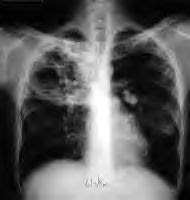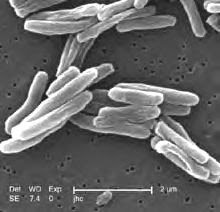The United Nations (UN) has called for international cooperation and surveillance among nation-members, to boost global health security against new diseases emerging at an unprecedented rate in an increasingly interconnected world, often with the ability to cross borders rapidly.
The report set out the WHO strategic action plan to respond to a pandemic. It also drew attention to the need for stronger health systems and for continued vigilance in managing the risks and consequences of the international spread of polio and the newly emerging strain of extensively drug-resistant tuberculosis (XDR-TB).
It noted that since 1967, at least 39 new pathogens have been identified, including HIV, the deadly haemorrhagic Ebola and Marburg fevers, and Severe Acute Respiratory Syndrome (SARS), which emerged in China in 2003 and spread rapidly as far as Canada, infecting more than 8,000 people, over 800 of them fatally, before it was brought under control.
Other centuries-old threats, such as pandemic influenza, malaria and tuberculosis, continue to pose a threat to health through a combination of mutation, rising resistance to anti microbial medicines and weak health systems. New threats have also emerged, linked to potential terrorist attacks, chemical incidents and radio-nuclear accidents, it added.
It showed how and why diseases are increasingly threatening global public health security, citing the high and rapid mobility of people as one factor. Airlines now carry more than two billion passengers a year, enabling people and the diseases that travel with them to pass from one country to another in a matter of hours.
The potential health and economic impact was seen in 2003 with SARS, which cost Asian countries an estimated $60 billion of gross expenditure and business losses.
http://allafrica.com/stories/200708290723.html
WHAT'S NEW IN TUBERCULOSIS




